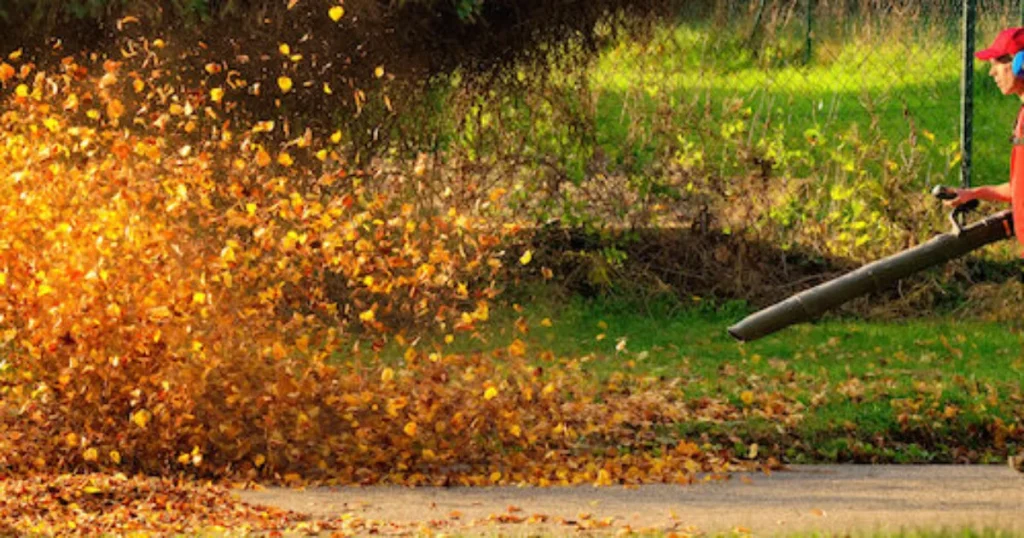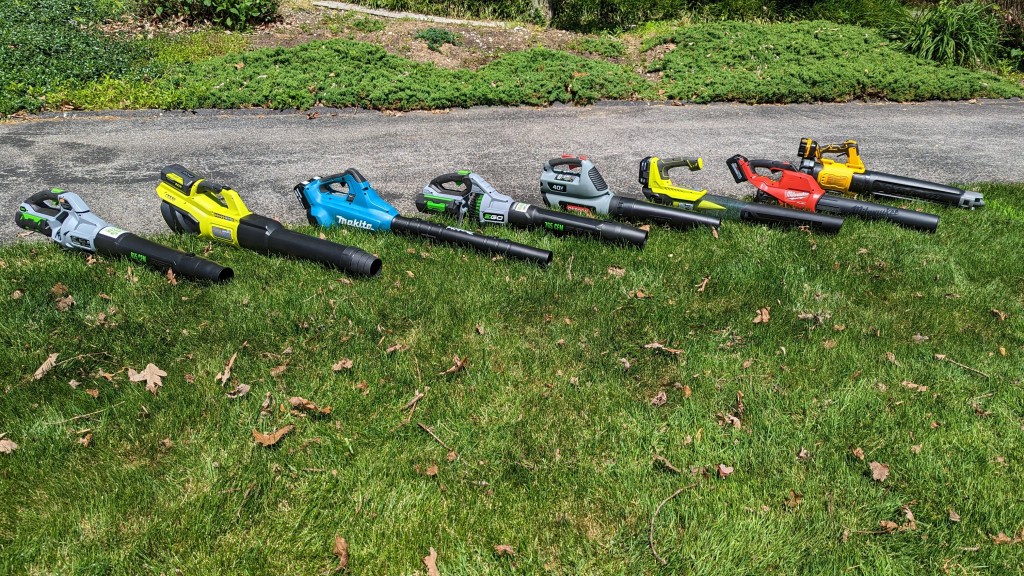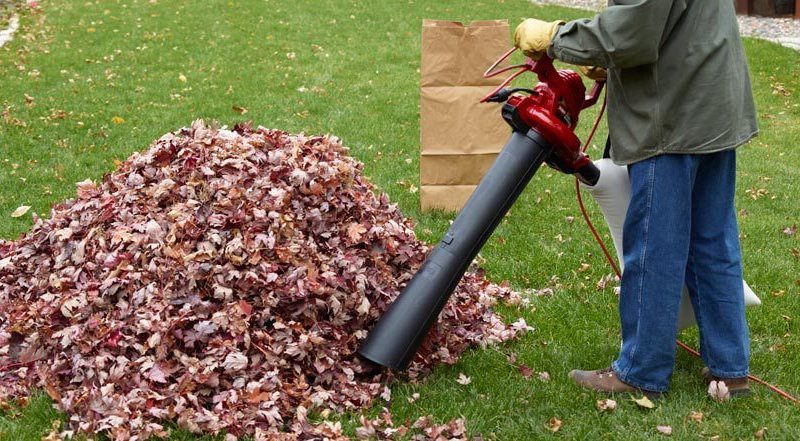Trying to decide between a cordless leaf blower and a gas-powered one? With so many options on the market, it can be tricky to know which is the right fit for your garden. You want something powerful, easy to use, and reliable, right? But how do you know if a cordless model is better than a traditional gas blower?
Power and Performance
When you think of a leaf blower, the first thing that probably comes to mind is power. It’s what gets the job done, whether you’re dealing with a small pile of leaves or a yard full of debris.
Gas-powered blowers are typically the go-to when you need raw power. These machines are built for heavy-duty work and can handle larger areas with ease. If you’ve got a huge garden or an estate, a gas blower will give you the oomph you need to clear everything quickly. However, with power comes noise – gas models are notoriously loud, so you’ll likely need ear protection.
Cordless blowers, on the other hand, have come a long way in recent years. While they might not match the sheer power of their gas-powered cousins, the gap is closing fast. For a smaller or medium-sized garden, you’ll find that many leaf blower cordless models pack more than enough power to get the job done. Plus, they’re much quieter, so no need to worry about disturbing your neighbours.
Ease of Use
No one wants a machine that’s more hassle than help. When it comes to usability, there’s a big difference between cordless and gas-powered blowers.
Cordless leaf blowers tend to win here. With no cords to worry about or petrol to fill up, you just grab it, press the button, and go. They’re generally lighter too, which means less strain on your arms and back. Plus, most models have variable speed settings, letting you adjust the power as needed.
Gas-powered blowers can be a bit more complicated. You’ve got to deal with petrol and oil, and they’re usually heavier, which can make long sessions more tiring. Starting a gas blower often means pulling a cord, which can be a bit of a workout on its own.
Environmental Impact

More and more of us are thinking about how our tools impact the environment. When comparing gas-powered and cordless leaf blowers, it’s clear that cordless models have the edge here.
Gas-powered leaf blowers produce emissions, and they need regular refuelling with petrol. This means they’re not the most eco-friendly option out there. Cordless blowers, however, run on rechargeable batteries, making them much cleaner in terms of both emissions and overall environmental footprint.
You’ll only need to recharge them rather than burn through fuel, which makes them a greener choice if sustainability is a priority for you.
Noise Levels
This one’s easy – cordless blowers are significantly quieter than gas-powered ones. If you live in a quiet neighbourhood, you know how important it is to keep the noise down. Gas blowers can be incredibly loud, and let’s be honest, no one enjoys waking up the whole street when they’re clearing the garden. Cordless models, on the other hand, are quieter and much more neighbour-friendly.
Maintenance
Maintenance is another big factor to consider when choosing a leaf blower. With a gas-powered leaf blower, you’ve got more parts to look after. There’s the engine, which requires oil changes, air filter cleanings, and spark plug replacements. You’ll also need to keep an eye on fuel levels and potentially mix your petrol with oil, depending on the model. Over time, this can add up to a fair amount of effort and cost.
Cordless blowers, in comparison, are pretty low maintenance. Aside from recharging the battery, there’s little else to worry about. You don’t have to mess with fuel, and there are fewer moving parts that could break or need servicing. If you’re after something that’s simple to maintain, cordless is the way to go.
Battery Life vs. Fuel

One of the key concerns with cordless blowers is battery life. Most models will run anywhere from 20 to 60 minutes on a single charge, depending on the power setting and battery capacity. If you’ve got a large garden, you might need to recharge mid-job, or invest in a spare battery to swap out.
Gas blowers, on the other hand, can run as long as you have petrol. As long as you don’t mind refuelling, you can work for hours without stopping. So, if you’ve got a big area to cover and don’t want to be limited by battery life, a gas blower might seem like the better option. But for smaller jobs or gardens, a cordless blower’s battery life should be more than enough.
Cost
Finally, let’s talk about cost. Cordless leaf blowers tend to be cheaper upfront compared to gas models, especially if you already have other battery-powered tools and can use the same batteries across devices. However, you might need to invest in extra batteries for longer jobs.
Gas-powered blowers generally have a higher upfront cost, but there’s also the ongoing expense of fuel and maintenance to think about. Over time, these additional costs can make gas blowers more expensive to operate in the long run.
So, Which One Is Right for You?
It all comes down to your needs:
- Large gardens or professional work? A gas-powered blower will likely be your best bet for consistent power over long periods.
- Smaller or medium-sized gardens? A cordless leaf blower offers a lightweight, easy-to-use, and eco-friendly alternative that’s quieter and requires less maintenance.
Whichever you choose, both types of blowers can help you keep your garden tidy. It’s just about deciding what matters most to you – power, ease of use, or environmental impact.











